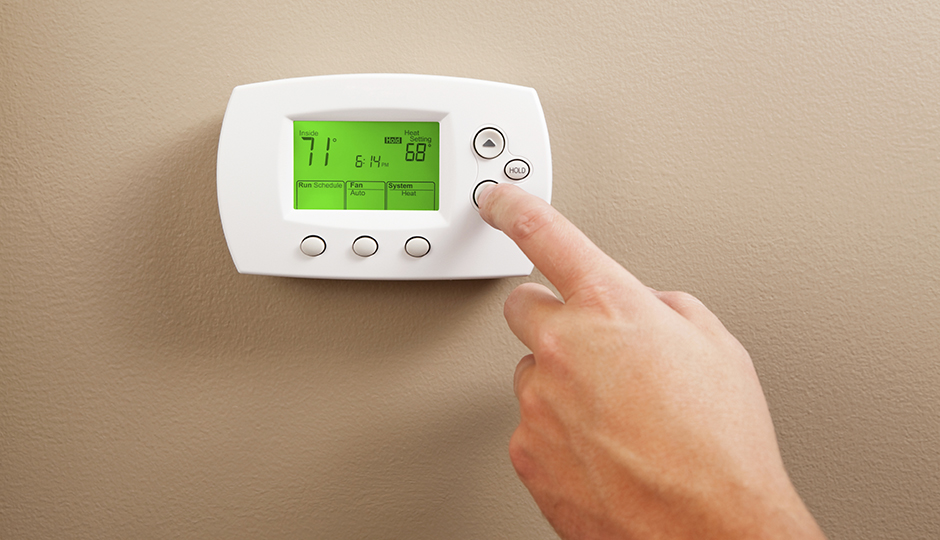10 Life Hacks for Conserving Energy at Home
Boston weather is notoriously fickle. It could be sunny and warm in the morning and snowy and cold by afternoon. With that in mind, it’s always a good time to think about making changes around your home to make it as energy efficient as possible.
NRG Home, a leading retail electricity supplier serving most of Massachusetts, is sharing 10 easy life hacks to reduce your energy usage year round. The best part is, most of these can be done today without much impact to your lifestyle or comfort.
- Check your air vents regularly.
The air in your home should be distributed effectively. If something is obstructing the vents, it can make the system work harder, thus using more energy.
- Invest in a programmable or smart thermostat
On colder days, try to keep your thermostat no warmer than 68° F and on warmer days, try to keep your thermostat no cooler than 78° F. The U.S. Department of Energy says you could save about 1% on heating / cooling costs for every degree you raise or lower your thermostat over an eight-hour period. That can really add up.
- Weather strip around your doors and windows
Stop cold air from getting in and warm air from escaping by sealing any cracks and holes that might exist.
- Use LED lights when possible
Also, according to the Energy Department, residential LEDs — especially ENERGY STAR rated products — use at least 75% less energy, and last 25 times longer, than incandescent lighting.
- Air-dry your dishes rather than using the dishwasher’s drying feature.
- Use a power strip
Streamline your plugs (think: cell phone, lamp, fans, etc.) by keeping them consolidated in a power strip. The switch on the power strip makes it easy to turn off everything that is plugged in when not in use. Better yet, buy a smart power strip that keeps the DVR running, but lets you turn off the TV and game systems when not in use.
- Wash clothes with cold water.
Aside from keeping your clothes bright, using cold rather than warm water reduces the energy needed to heat the water.
- Know when your house was built.
According to Energy Star, most homes lack appropriate insulation and this is particularly true for older homes. Prep for seasonal changes by sealing and insulating your attic and your doors that aren’t up to snuff.
- Keep your freezer full
How Stuff Works says if your freezer is stocked with frozen goods, it won’t need as much energy to keep it cold. Bonus: your food will stay frozen longer in the event the power goes out.
- Consider investing in an electrical generator in case of a power outage.
You don’t want to be left in the dark when bad weather strikes. Goal Zero, part of the NRG family of companies, offers some great products that are powered by the sun, including their Yeti line of silent-running generators.
For more information about satisfying your home energy needs with NRG Home, click here.



